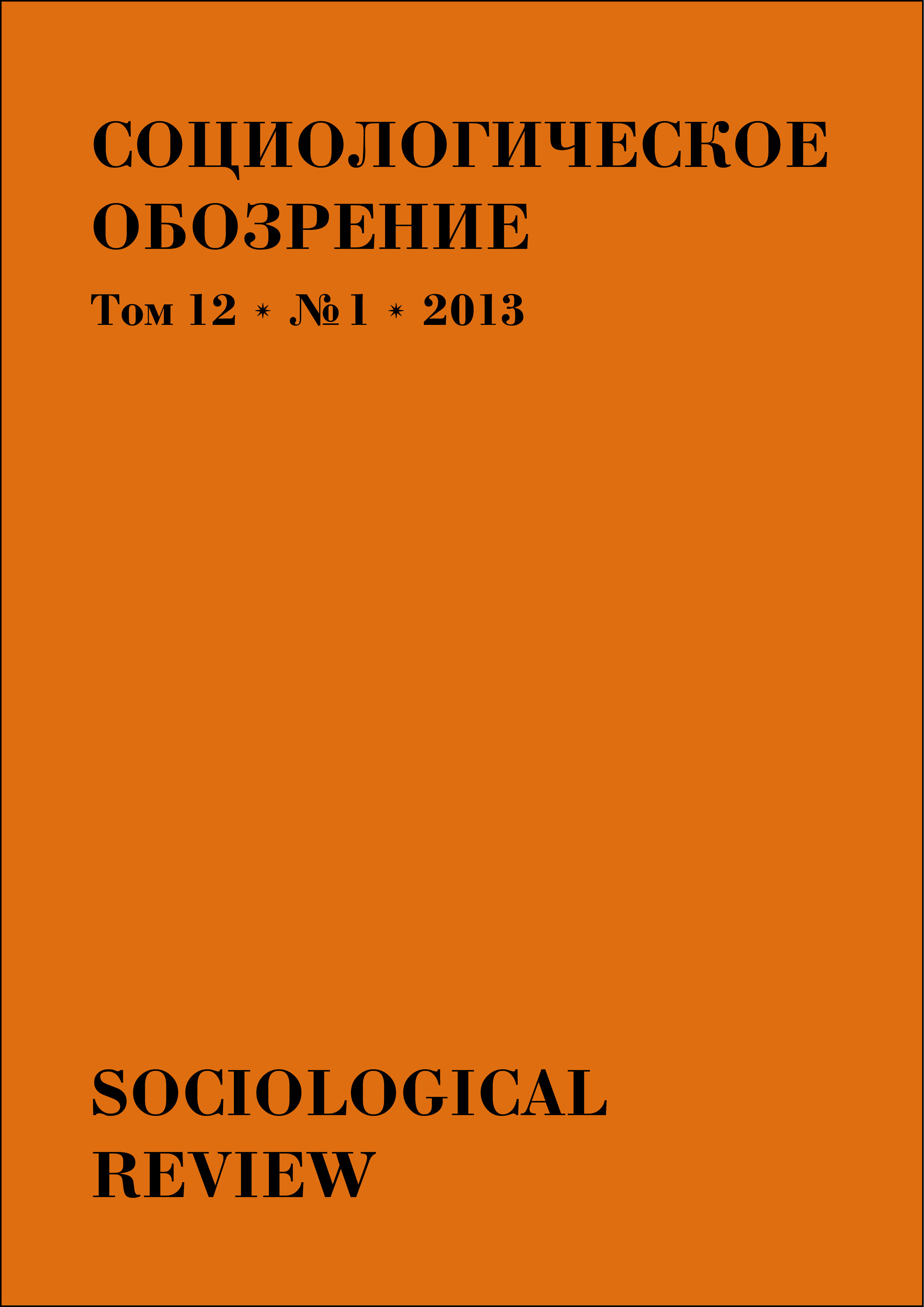Social theory and trauma
Abstract
Ron Eyerman is one of the authors of the cultural theory trauma with an introduction by Jeffrey Alexander. This text may be seen as a case-study, that underlines and illuminates some of the main features of their theory. Using the examples of three significant social theory texts, Horkheimer and Adorno’s “Dialectic of Enlightenment”, Freud’s “Moses and Monotheism” and Bauman’s “Modernity and the Holocaust”, this article illustrates the difference between personal, collective and cultural trauma. All of those texts are connected to the same event – the Holocaust – and the outcome of this event. Bauman and Adorno could have become the victims, but instead survived bearing the trauma, conceptualizing it and thus becoming predecessors of the cultural trauma theory. Ron Eyerman shows the complexity of the relationship between personal and collective trauma, and the construction of social theory. In analyzing these texts he goes into history of their creation, finding evidence of the traumatic experience of the authors. He also analyzes aesthetic characteristics of the texts, showing theese texts as not only pieces of social theorizing but also as personal experiences, trying to find meaning in gaps, voids and inconsistency. The aim is also to illustrate how personal trauma can impact the construction and representation of social theory.




